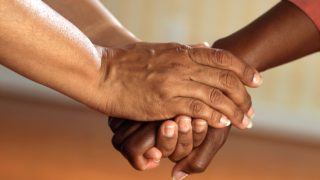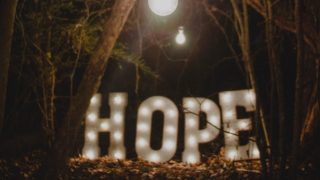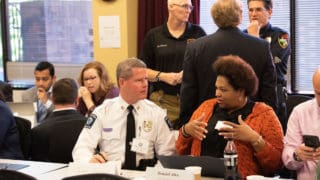We are disheartened by the recent events surrounding the tragic death of George Floyd and the injustices that the Black community continues to face. SAFE Project was founded with the goal to save one life every day. In this moment of reckoning for our nation, it is time that we speak up and speak out against these injustices and for me to share SAFE Project’s way ahead in light of the current crisis facing America. We cannot truly fulfill our mission if we fail to acknowledge and appreciate this moment in time.
The Black community, along with other minority communities have been underserved, underrepresented, and dismissed for centuries. To fail to acknowledge the impact of these injustices on our organization’s mission would be to ignore reality and erase the experiences of these communities. We have all seen the devastating ripple effects of racial inequality. The time to act is now. We must take action towards ending the systematic and systemic barriers that have failed our Black and Brown communities.
SAFE Project will work independently and with external partners to proactively counteract racial and social inequities- especially as it relates to the prevention, treatment, and recovery from addiction. We will not run away from the difficult and uncomfortable conversations. These conversations are necessary for changing the landscape of all work in the substance use and mental health spaces. We recognize the injustices and will not remain complacent. We will be intentional to fuel long-lasting impactful change and that intention, for us, begins with assessing our own culture, valuing and adapting to diversity, embracing the dynamics of difference, and institutionalizing cultural knowledge.
We cannot and will not shy away from facts like these and must recognize the impact they have on both substance use and mental health disparities:
- More than half of all African American COVID-19 patients had to be hospitalized for treatment, compared to a fourth of white patients requiring a hospital stay.
- A racial and financial divide exists among those who receive effective treatments for opioid addiction. For every appointment where a person of color received a prescription for buprenorphine, white patients had 35 such appointments.
- Stigma and judgment prevent Black/African Americans from seeking treatment for their mental illnesses. Research indicates that Black/African Americans believe that mild depression or anxiety would be considered “crazy” in their social circles. Furthermore, many believe that discussions about mental illness would not be appropriate even among family.
- Black/African Americans of all ages are more likely to be victims of serious violent crime than are non-Hispanic whites, making them more likely to meet the diagnostic criteria for post-traumatic stress disorder (PTSD).
- Black people are still five times more likely to be sent to prison than white people and the NAACP has said that African Americans are incarcerated for drug-related charges at six times the rate of whites with drug-related charges.
- Out-of-school suspensions disproportionately impact instruction for children of color…in each state – Black students lost 66 days of instruction compared to just 14 days for White students.
- The median income among African Americans is 41% lower than that of non-Hispanic whites.
- Modern-day barriers in the upcoming 2020 election place disproportionate burdens on Black and minority Americans seeking to exercise their right to vote.
These are just a few of the facts which demonstrate the injustices African Americans face. We must break down barriers that have propelled oppression. It is long overdue, and it is time to demand equity in access to healthcare services, embrace the historical context of the addiction epidemic, and drive our organization with purpose, intention, and action to address these issues. While engaged in this work, we at SAFE Project are committed to holding ourselves accountable through transparency and continuing to provide quarterly updates on our progress.
We hear you; we see you; we support you, and we walk with you.
Please take the time to review the resources below to learn more about race in recovery, Black Lives Matter initiatives, and more.
Additional Resources:
- Access to Addiction Services Differs by Race and Gender
- To Address Addiction, Confront Racism in Our Health and Justice Systems
- Resources: Black Lives Matter Initiatives + More (Google Doc)
- Campaign Zero
Brandee Izquierdo, Executive Director of SAFE Project





